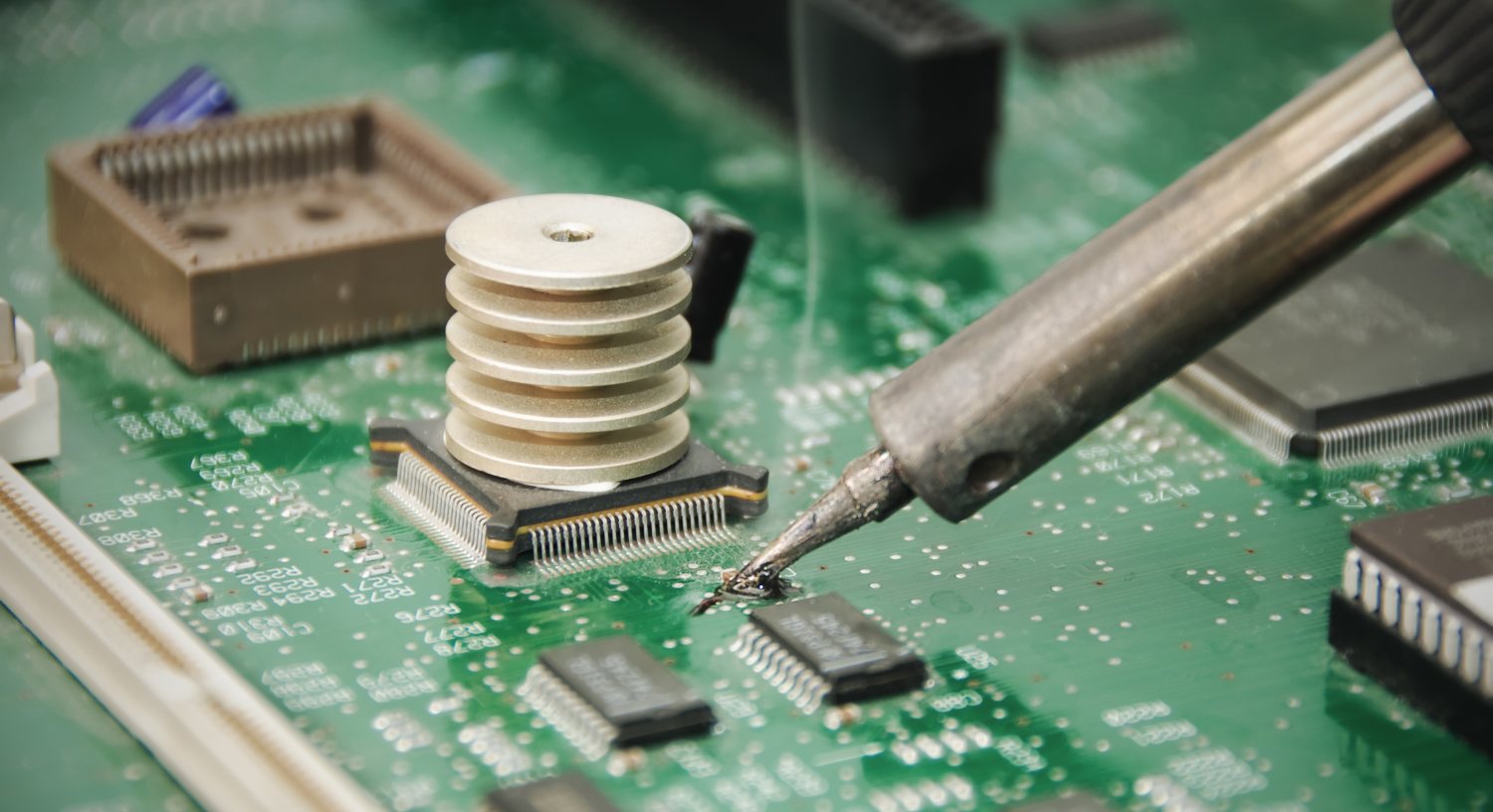In the ever-evolving world of energy production, rugged devices for power plants have emerged as a pivotal technology. These devices are specifically designed to withstand the harsh conditions found in power plants, ensuring both efficiency and reliability. As the energy sector continues to face challenges of sustainability and demand, integrating these robust technologies becomes critical.
Power plants operate in environments that are demanding and often unforgiving. From extreme temperatures to high humidity and dust, the conditions present numerous challenges. Here, rugged devices play a crucial role, providing solutions that standard equipment simply cannot. This makes them indispensable in maintaining the steady supply of energy required in todays world.

The Importance of Rugged Devices in Power Plants
Understanding the significance of rugged devices begins with recognizing the environments in which they operate. Power plants are not just about generating electricity; they are about maintaining ecosystems of machines and systems that must work seamlessly together. Rugged devices are engineered to handle these complexities effortlessly.
Key Features of Rugged Devices
Rugged devices possess several key features that make them ideal for power plant environments:
- Durability: Built to withstand physical impacts, these devices continue to function even in the toughest conditions.
- Temperature Resilience: Able to operate in extreme heat or cold, they ensure consistent performance.
- Water and Dust Resistance: Often rated with IP (Ingress Protection) standards, they are protected against dust and moisture.
- Long Lifespan: Designed for longevity, reducing the need for frequent replacements and thus lowering costs.
Applications of Rugged Devices in Power Plants
Rugged technology finds applications across various segments of power plants, enhancing both operational efficiency and safety.
Control Systems
In control rooms, rugged devices are used to monitor and manage plant operations. Their reliability ensures that data is accurately recorded and processes are controlled without fail.
Field Equipment
On the field, these devices are deployed in the form of sensors and handheld tools, providing real-time data and diagnostics. This allows for immediate troubleshooting and maintenance, reducing downtime significantly.
Communication Networks
Ensuring uninterrupted communication is vital in power plants. Rugged communication devices provide robust networks that withstand environmental challenges, ensuring that all parts of the plant are interconnected.
Benefits of Implementing Rugged Devices
The integration of rugged devices in power plants brings numerous benefits, from operational efficiency to enhanced safety protocols.
Increased Reliability
With rugged devices, power plants experience fewer disruptions. The reliability of these devices ensures that operations run smoothly, minimizing potential risks and hazards.
Cost Efficiency
Though the initial investment in rugged devices might be higher, the reduction in maintenance costs and downtimes results in significant savings over time. Their durability and long lifespan mean fewer replacements and repairs.
Enhanced Safety
Safety is paramount in power plants, and rugged devices contribute by providing reliable data and control. This allows for proactive measures in preventing accidents and ensuring the safety of personnel and equipment.
Challenges and Considerations
While rugged devices offer numerous advantages, there are challenges and considerations in their implementation.
Initial Costs
The upfront costs associated with rugged devices can be a deterrent. However, the long-term savings and benefits often justify the initial expenditure.
Integration with Existing Systems
Integrating rugged devices with existing systems requires careful planning and execution. Ensuring compatibility and seamless operation is crucial for maximizing their benefits.
Future of Rugged Devices in Power Plants
The future of rugged devices in power plants is promising, with advancements in technology paving the way for even more robust and efficient solutions. Innovations in materials and design will likely result in devices that offer even greater resilience and functionality.
As the energy sector continues to evolve, the role of rugged devices will become even more critical. Their ability to enhance efficiency, reliability, and safety makes them indispensable in the quest for sustainable and efficient energy production.
Conclusion
In conclusion, rugged devices for power plants are not just a luxurythey are a necessity. Their role in ensuring the smooth operation of power plants cannot be overstated. As technology continues to advance, these devices will play an even more significant role in shaping the future of energy production.
For more insights on how rugged technology is transforming various industries, you might want to explore the article on Rugged Electronics in Transportation.
External sources such as this article can provide additional insights into the world of rugged hardware.

FAQs
What are the main advantages of using rugged devices in power plants?
The main advantages include increased reliability, cost efficiency, and enhanced safety. These devices are designed to withstand harsh conditions and have a long lifespan, reducing maintenance needs.
How do rugged devices contribute to safety in power plants?
They provide reliable data and control, allowing for proactive safety measures to prevent accidents and ensure the well-being of personnel and equipment.
Are rugged devices more expensive than standard equipment?
While the initial cost may be higher, rugged devices offer long-term savings through reduced maintenance and replacement costs, ultimately proving to be more cost-effective.


